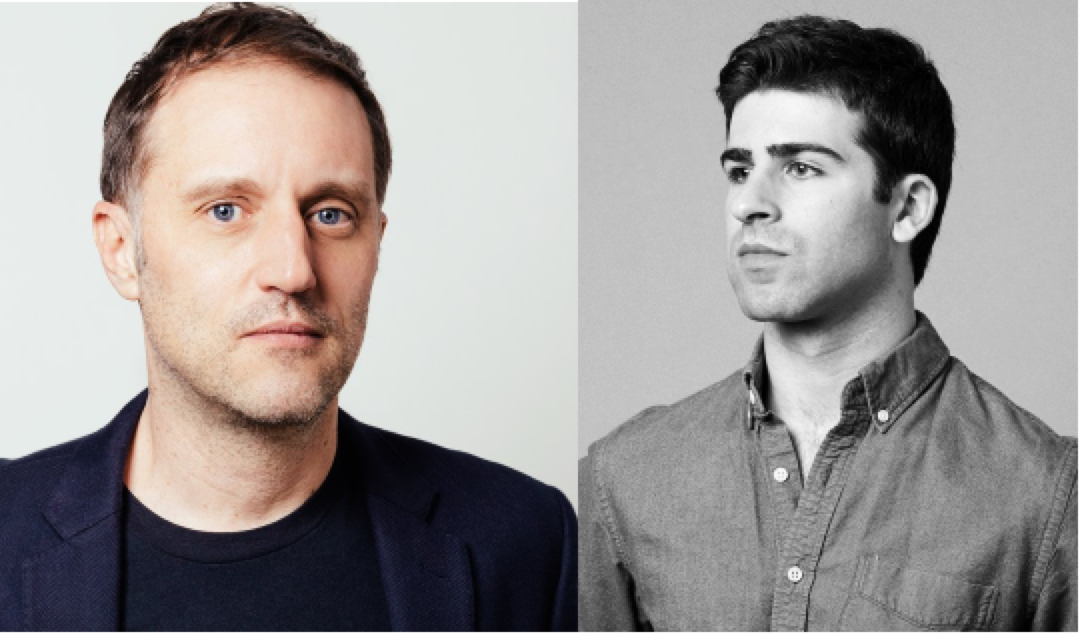
“In a way, the novel hasn’t changed significantly in all of these centuries. You can kind of look at the Joyces and the Robbe-Grillets and the John Barths or whoever as anomalies. Off grazing in their own little paddock. And that’s great. That means literature persists as an art form but also in commerce. People still buy and consume literature.”
Humor:
Existed in 1924
Doesn’t preclude seriousness
Peter Mendelsund’s debut novel, Same Same, arrives in stores exactly one month before Andrew Ridker’s debut, The Altruists. It’s only fitting that these two (very different) novels should be published back to back; they were written over the same two-year span at desks no more than thirty feet apart.
Readers will recognize Mendelsund as the author of What We See When We Read and as the designer behind iconic covers for novels like The Girl with the Dragon Tattoo as well as classic works by Kafka, Joyce, and Dostoevsky. Before his career as a designer, Mendelsund studied classical piano. Same Same, which marks his first foray into fiction, takes place at a mysterious Institute in the desert where various creative types (The Architect, The Philosopher, The Woman Whose Hands and Face are Covered in Yarn) convene to work on their ambitious, vague, and seemingly unfinishable projects. Witty, brilliant, and defiantly strange, Same Same is the novel Walter Benjamin might have written after a long night’s drinking with the two Thomases, Pynchon and Mann.
The desert—or, more accurately, the lowveld of rural Zimbabwe—plays a pivotal role in The Altruists. It is a place of promise and despair for Arthur Alter, the patriarch whose ambitions and miscalculations shape the novel. The novel tracks his estrangement from his children, self-conscious Ethan and idealistic Maggie, and his attempts at reconciliation as he schemes to con them out of their inheritance. Spanning continents and generations, The Altruists is at once a portrait of a family in crisis and a comic exploration of love in its many permutations: romantic, filial, familial, unrequited, perverted, and fulfilled.
The two novelists met at Mendelsund’s book-filled apartment on the Upper West Side where they talked over sandwiches and periodically shooed away a cat named Pickles.
I. I’ll Get Back to You on Tuesday
PETER MENDELSUND: I was having a conversation with a friend who’s a puppeteer. Which is like, ha-ha—
ANDREW RIDKER: I didn’t say anything!
PM: But he said something to me that I thought was really fascinating. He was saying that in puppetry the big thing is addressing the artifice;...
You have reached your article limit
Sign up for a digital subscription and continue reading all new issues, plus our entire archives, for just $1.50/month.
Already a subscriber? Sign in




